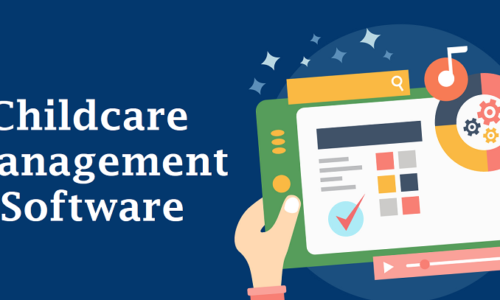Debt is a fact of contemporary life. Thing is, there’s good debt and there’s bad debt. Knowing the difference between the two and how to handle it in general are key to establishing a solid financial foundation.
Moreover, the earlier one learns those lessons, the better off they are.

With that in mind, here’s what your children need to know about debt.
The Difference Between “Good” and “Bad” Debt
Too many financial experts make the blanket statement, “Debt is bad.” However, the reality is frivolous debt is bad. Taking on debt to help you make money can be a wise decision in some cases. Borrowing to buy a home, start a business or further your education are all worthwhile uses of debt — when done prudently and managed responsibly.
Meanwhile, charging vacations, expensive clothes, lavish meals and exotic entertainment opportunities are bad moves. If they want to indulge in those things, they’ll need to learn to save to acquire them.
Debt Is Expensive
Walking into a store or going online and exchanging a 16-digit number for the object of one’s desire makes getting things seem easy to do. However, the time comes when the piper must be paid. To ensure your child is exposed to both sides of the equation, have them use a debt calculator to learn how much simple items can cost when they aren’t paid off before interest charges accrue.
Explain how debt can also get out of control if it isn’t managed properly. Videos such as these by Freedom Debt Relief can help older kids see what the consequences of poorly managed debt can be.
Writing for The Motley Fool, Casey Kelly-Barton suggests teens will benefit greatly from reading a card application’s fine print about late fees, interest rates and rate hikes aloud. She says, “Now it’s not just you saying credit costs money. They’re getting it straight from the credit card issuer and hearing it in their own voices.”
The Difference Between Needs and Wants
Your children will eventually need a car and a place to live. To achieve those ends, they might want a Porsche and a high-rise townhouse with a view of the city’s skyline.
Indulging those wants is fine, as long as they have the means to do so after fulfilling all of their other responsibilities — including saving for retirement, building up an emergency fund and the like.
Help them understand the importance of satisfying their needs before giving any consideration to their wants. This way, they’ll have a solid foundation upon which they can build when their incomes allow them to progress past their needs.
How to Pay Bills
Children learn from what we do, rather than what we say. You can talk all you’d like, but they’re actually observing your actions more than your words. Letting them see you handle your finances responsibly is the best way to teach them to do the same.
Once your child demonstrates a mastery of basic math skills, let them sit in on bill-paying sessions. Show them how the money coming in gets divided and apportioned to handle the needs of the household. Show them how money left over after meeting obligations is divided into accounts for saving, your family’s vacation fund and the like.
The Dangers of Lending to/Borrowing from Friends
In Hamlet, William Shakespeare admonished us as follows:
“Neither a borrower nor a lender be; for loan oft loses both itself and friend.”
Basically, he was saying one should avoid loaning to or borrowing from friends because of the potential for souring the relationship. Of all the things your children need to know about debt, this is key. While the desire to help those for whom you care is noble and can be difficult to resist, one must always treat such loans as gifts. In other words, they should learn to only loan what they can afford to give.
That way if it doesn’t come back, the relationship can endure.
Why Saving Matters
While we’ve touched on it in a couple of places here and there, the subject of saving warrants direct attention. If you’re giving your child an allowance, have them create a spending plan, one aspect of which includes saving for any costly items they might need or want.
The value of putting money away — rather than spending every penny they get — is just as important as what your children need to know about debt. It’s the smartest way to ensure they can have a comfortable future even when unforeseen circumstances arise.

